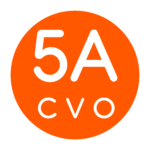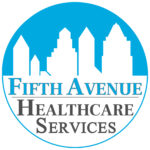Healthcare administrative expenses account for 8% of the total healthcare costs in the United States. Reducing these expenses is critical for success in today’s COVID-19 environment, as many practices face closure due to financial burdens.
One way to cut costs is to partner with a credentialing IPA (independent physicians association) such as Primoris Credentialing Network. The credentialing IPA will allow a provider to enroll in a delegated health plan or network using ONE application for every delegated health plan and network. Additionally, the credentialing IPA has long-term established relationships with many other health plans and networks, allowing for increased efficiency in nondelegated enrollment with numerous plans. For example, Primoris Credentialing Network is the largest IPA in the Midwest and has some 54+ health plan and network options available for efficient provider enrollment.
Here are three ways working with a credentialing IPA for provider enrollment will be a budget benefit.
1. Increase Budget Revenues
Partnering with a credentialing IPA will help increase budget revenues. Simply put, providers can see patients sooner and begin billing faster. The oft-quoted statistic is that it can take up to 60-120 days on average to complete provider enrollment. However, with Primoris, the average time to complete provider enrollment is much shorter.
Faster provider enrollment times with Primoris include:
- Primoris’ average time to complete provider enrollment with BCBS is 27 days±.
- Primoris’ average time of provider enrollment with Aetna is 33 days±.
- Primoris’ average time of provider enrollment with United is only 9 days±.
Let’s look at a conservative example of provider enrollment with Primoris and the new revenue opportunities it creates. In the examples below, family practice revenues are referenced, and revenue generated from a specialist would be even higher. Information provided by MGMA in a 2021 report on 2020 data states that all practice charges and revenue per FTE physician for primary care single specialties are a mean of $723,226. Using the annual physician mean revenue from MGMA of $723,226, here are three examples of BCBS, Aetna, and UnitedHealthcare to show the new revenue opportunity per provider if enrolled via Primoris.
BCBS Increased Revenue By $94,708:
- [(Industry low average enrollment time) – (Primoris average current enrollment time for BCBS)] x (Daily MGMA mean Physician Revenue‡)
- (60 days – 27 days) x ($2,869.94‡) = $94,708
- If BCBS is 10% of the practice payer mix, this equates to $9,470 in potential new revenue generation for EACH provider through Primoris with BCBS.
Aetna Increased Revenue By $77,488:
- [(Industry low average enrollment time) – (Primoris average enrollment time for Aetna)] x (Daily MGMA mean Physician Revenue‡)
- (60 days – 33 days) x ($2,869.94‡) = $77,488
- If Aetna is 5% of the practice payer mix, this equates to $3,874 in potential new revenue generation for EACH provider through Primoris with Aetna.
UnitedHealthcare Increased Revenue By $146,366:
- [(Industry low average enrollment time) – (Primoris average enrollment time with United)] x (Daily MGMA mean Physician Revenue ‡)
- (60 days – 9 days) x ($2,869.94‡) = $146,366
- If Aetna is 5% of the practice payer mix, this equates to $7,318 in potential new revenue generation for EACH provider through Primoris with United.
± This provider enrollment time is based on internal research of the number of days from getting the last needed applicant item until the effective date. Aetna’s effective date through Primoris is the first of the following month after approval, and UnitedHealthcare is the Primoris effective date.
‡The MGMA mean physician revenue of $2,869.94 is from MGMA in a 2021 report on 2020 data states that all practice charges and revenue per FTE physician for primary care single specialties are a mean of $723,226 and dividing this by the number of actual working days in a leap year of 252 ($723,226/252 = $2,869.94). This is an estimate. A payor allocation of 10%, 5%, and 5% were assigned for BCBS, Aetna, and United. A higher or lower total revenue opportunity would occur based on the payor mix.
2. Streamline Budget Costs
Outsourcing your provider enrollment will help streamline your budget and costs. When partnering with an outsourced provider such as Primoris, you streamline costs and no longer have to worry about employee turnover costs ($15,000 for a $45,000 employee, employee training costs ($1,678 per employee), employee payroll taxes, employee workers’ compensation and the never-ending increase in employee benefit costs (+5.3% for 2021); additionally, you don’t have to consider paid time off (PTO) as your outsourced provider enrollment team never takes a work day off. Further, various office costs for managing provider enrollment are reduced, eliminated, or reallocated to other practice needs.
Various potential cost reductions or reallocations can include:
- Employing an in-office credentialing specialist costs a practice over $70,000 a year. Eliminating this position means this expense no longer cuts into your revenue.
- Credentialing software can easily be $400 a month. Cutting this expense might not seem significant initially, but the savings add up over time.
- Paperwork costs money. Supplies and storage needs sharply cut into your revenue margin.
As they relate to provider enrollment, all these costs become a single line-item cost on your budget. Credentialing costs become fixed without hidden fees. Not having ongoing costs change yearly enables your practice to streamline expenses, helping you better budget and prepare for the future.
3. Access a Team of Experts at a Fraction of the Cost
Credentialing and provider enrollment is essential to the ongoing ability of the practice to bill and receive reimbursement from the practice payors. That’s a heavy responsibility and often delegated by default to the available employee rather than taken on by a truly trained certified credentialing specialist (CPCS or CPMSM).
What is the annual investment estimate or cost of having a credentialing employee?
- This may vary based on geography or experience.
- The current industry mean for total annual compensation for a Sr. Credentialing Specialist, including taxes and benefits, is $72,725.
- Suppose you factor in employee turnover costs, payroll taxes, benefits, workers’ compensation, paid time off, and training. In that case, the cost of having this employee for credentialing is much more.
Therefore, a credentialing employee costs (compensation only) for MGMA mean-sized family practice doing in-house credentialing and enrollment:
- Average staff size of family practice per MGMA of 27.1
- Using a 0.5 FTE (full-time equivalent) for credentialing and enrollment
- 0.5 FTE average compensation cost would be (0.5 of $72,725) or $36,263±±
Let’s flip the script. Let’s look at this with a different solution in mind. Let’s discuss having more resources and dedicated employees to manage credentialing and provider enrollment at less cost.
By partnering with a firm like Primoris, the credentialing and provider enrollment you outsource becomes a process you manage at a fraction of the cost compared to a previous process that can seem to manage you. Partnering with an outsourced credentialing and provider enrollment team such as Primoris, you now have an entire team of dedicated credentialing employees with a combined 385+ years of experience, experts with some 54+ health plan and network options, many of which we enroll providers using ONE application for multiple plans and networks. Using both delegated and nondelegated options, we have solid and long-standing relationships with payors and have Medicare expertise at the cost of about $10,800 a year for an average family practice size per MGMA of 27.1 (comprised of 6.6 physicians, 1.3 physician assistants, 1.7 NPs, 10.3 clinical support staff, 7.2 nonclinical support staff) ±±.
Costs to fully outsource credentialing and provider enrollment to Primoris includes:
- Access to 54+ health plans and network options,
- Partnering with a team like Primoris Credentialing for provider enrollment outsourcing would provide a dedicated team of 20 – 30 credentialing experts,
- Using MGMA’s average practice size and estimating 9.6 providers to be credentialed, the cost of partnering with Primoris at about $10,800 annually, and
- Primoris’ costs of around $10,800 total annually would be less than 1/3 the compensation cost above or an estimated 66%+ savings‡‡
Outsourcing provider enrollment is a smart business decision. It’s plain to see that this simple act significantly reduces a practice’s operating and administrative costs.
±± $36,263 is based on 0.5 FTE or 50% of the average national wage cost for a Sr. Credentialing Specialist with 2-5 years of experience. The cost will vary slightly based on experience and geography.
‡‡Primoris cost of 66% savings is an estimate based on the need to have 9.6 providers credentialed and enrolled in the average-sized family practice example per MGMA with the mean staff size of 27.1 employees. The cost will be less or more based on the number of providers needing to be credentialed and enrolled.
More information about Primoris Credentialing Network
Primoris Credentialing Network is an NCQA Credentialing Accredited specializing in credentialing and provider enrollment with 54+ health plan and network provider enrollment options. Primoris is a family member of Fifth Avenue Healthcare Services. Sister companies include 5ACVO (credentialing and primary source verification specialists) and Fifth Avenue Agency (MPLI and medical malpractice specialists).
Primoris Credentialing Network originally published this article here. For more information on Primoris Credentialing Network, please visit PrimorisCredentialingNetwork.com or Contact Us.















